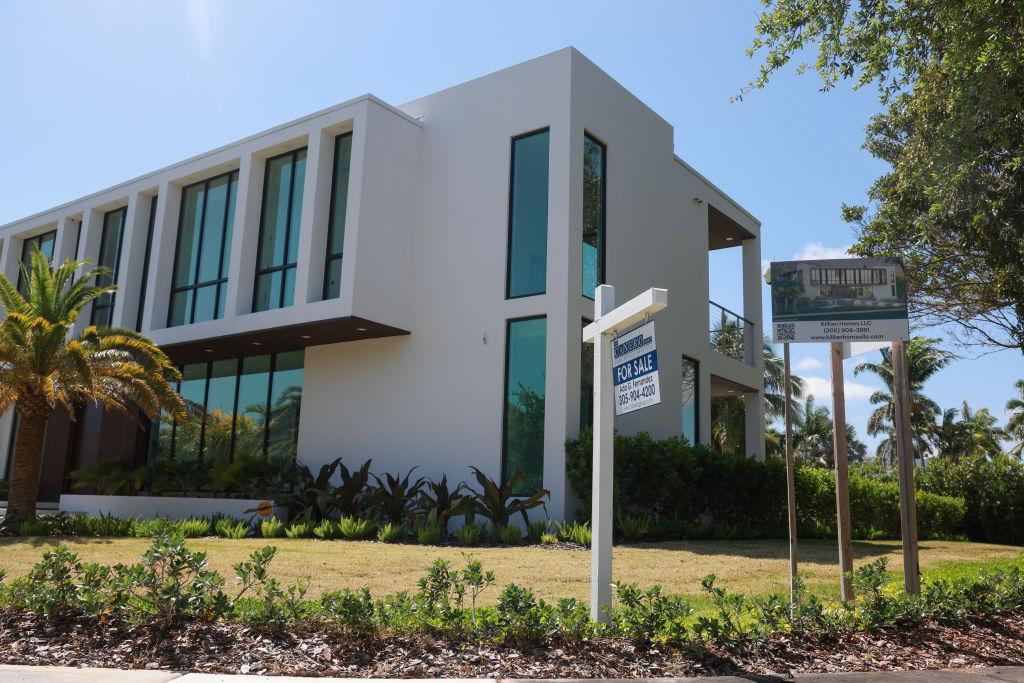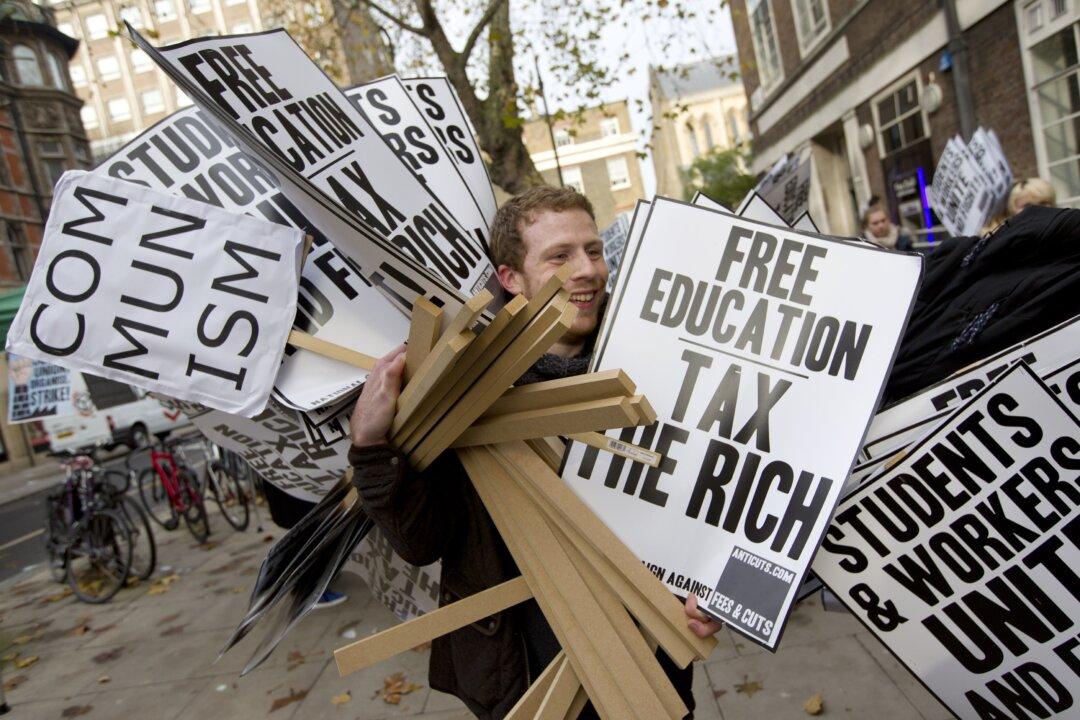Commentary
Florida Gov. Ron DeSantis has expressed his desire for a ballot initiative by which Florida voters could eliminate the Sunshine State’s property tax. That is a politically astute gambit. With insurance rates on Florida property rising inexorably, any proposal to reduce the taxes currently assessed on one’s home will be welcomed by most homeowners.





